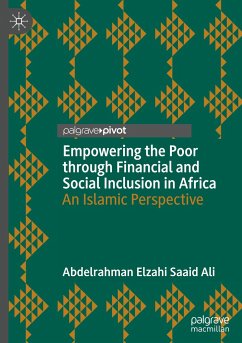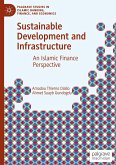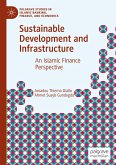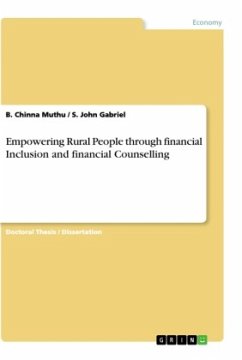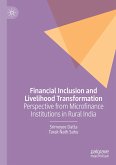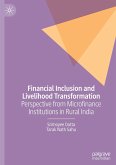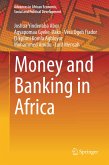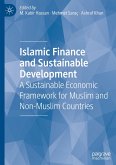This book discusses financial inclusion, gender equality, regulatory regimes for microfinance, women empowerment, and digital finance from an Islamic perspective. It encourages the reader to reflect on whether the delivery of financial services from an Islamic perspective might be attainable and lead to achieving global financial inclusion. Accessing financing is one of the most formidable challenges facing disadvantaged in IsDB member countries. The race to serve these niche markets has led to the emergence of conventional microfinance. There remains the lingering question of whether conventional microfinance in its current form has conclusively led to poverty alleviation among Muslim communities. Hence, there is a need of having Shari'ah-compliant business model that depends on Islamic socio-economic tools such as Zakah, Sadaqah, and Waqf might best address the needs self-financial exclusion or the exclusion of the extremely poor in Muslim.
Bitte wählen Sie Ihr Anliegen aus.
Rechnungen
Retourenschein anfordern
Bestellstatus
Storno

